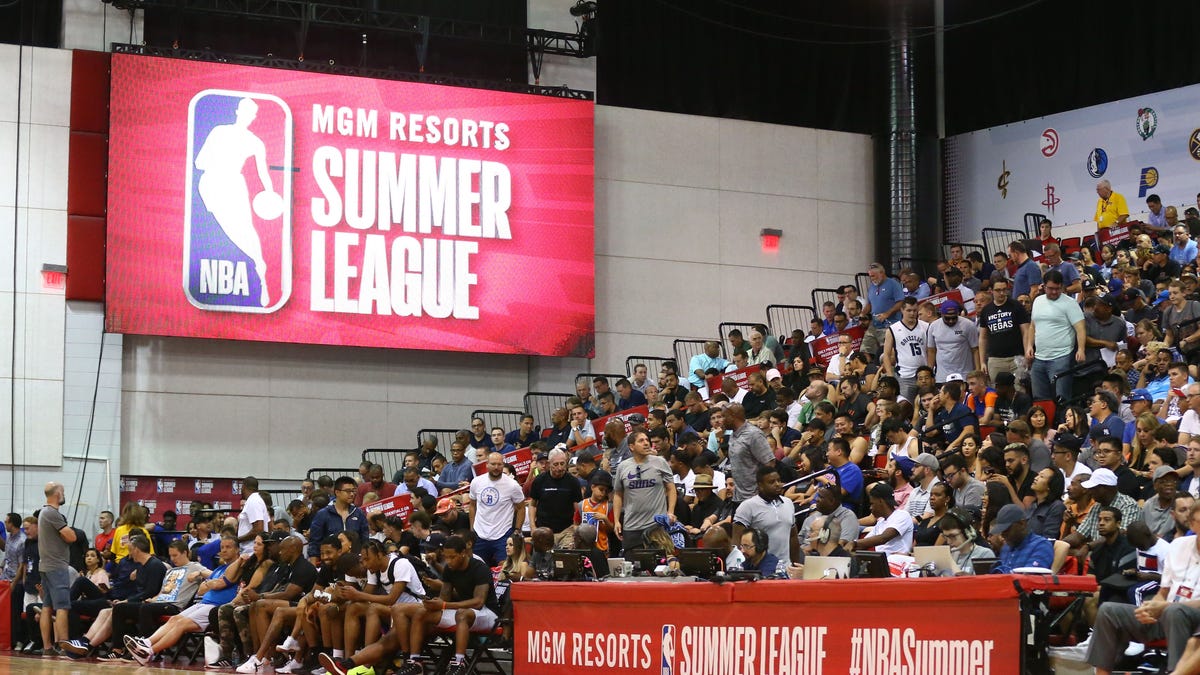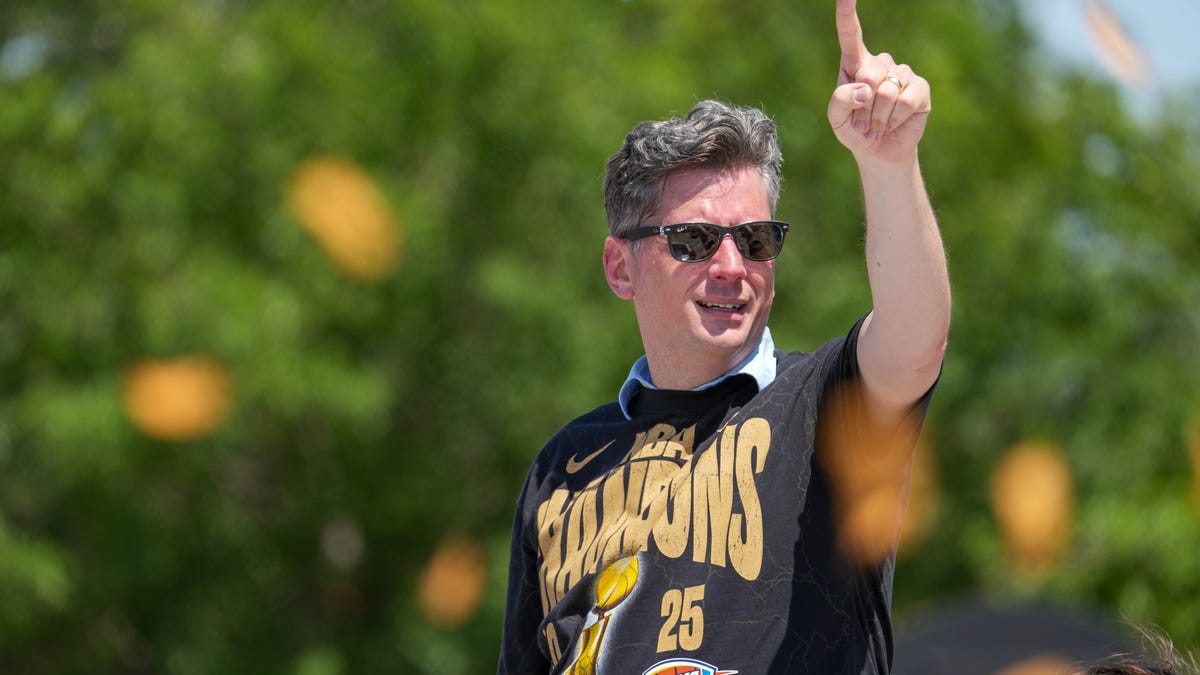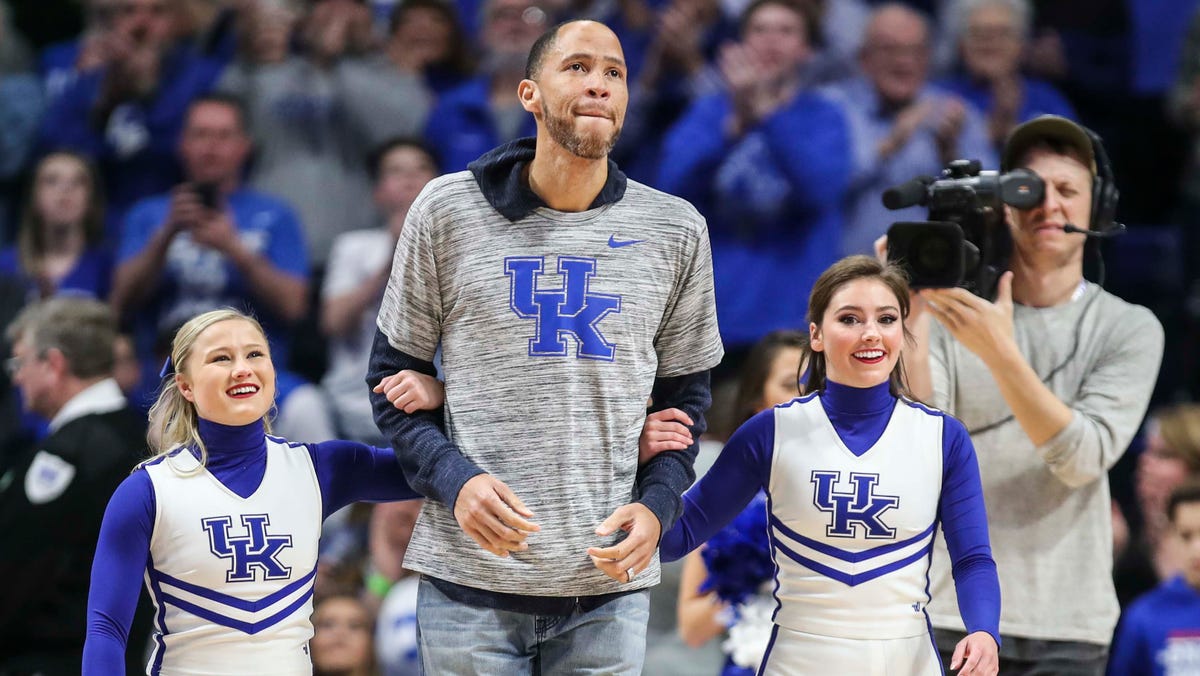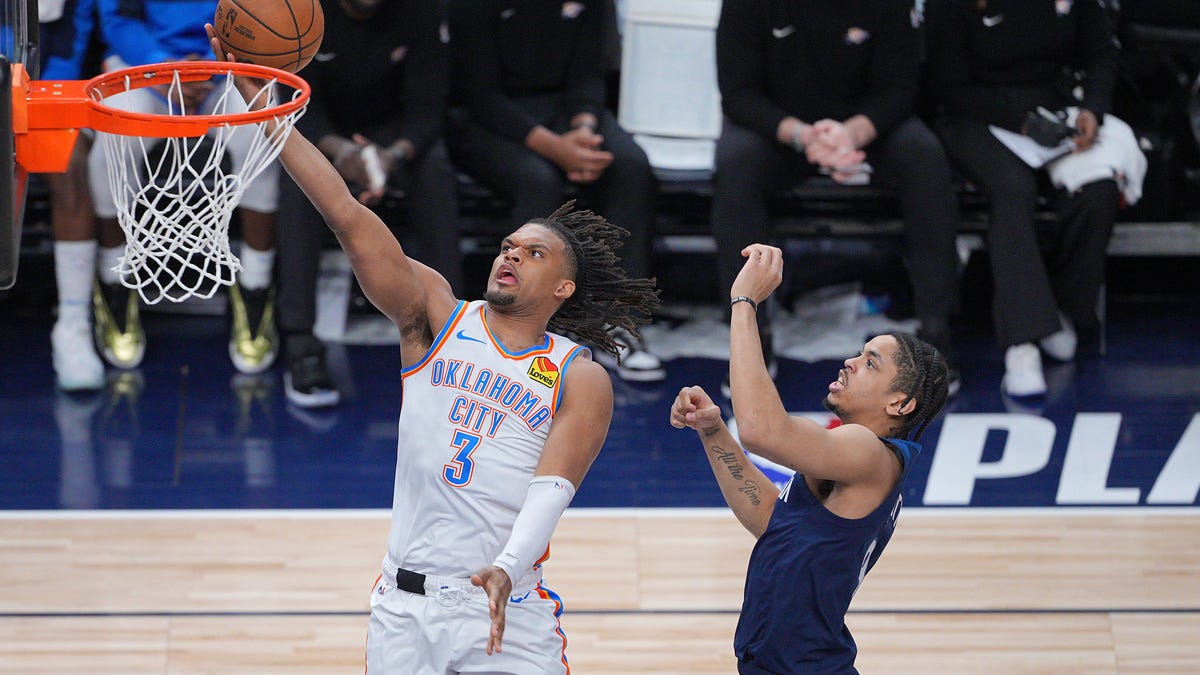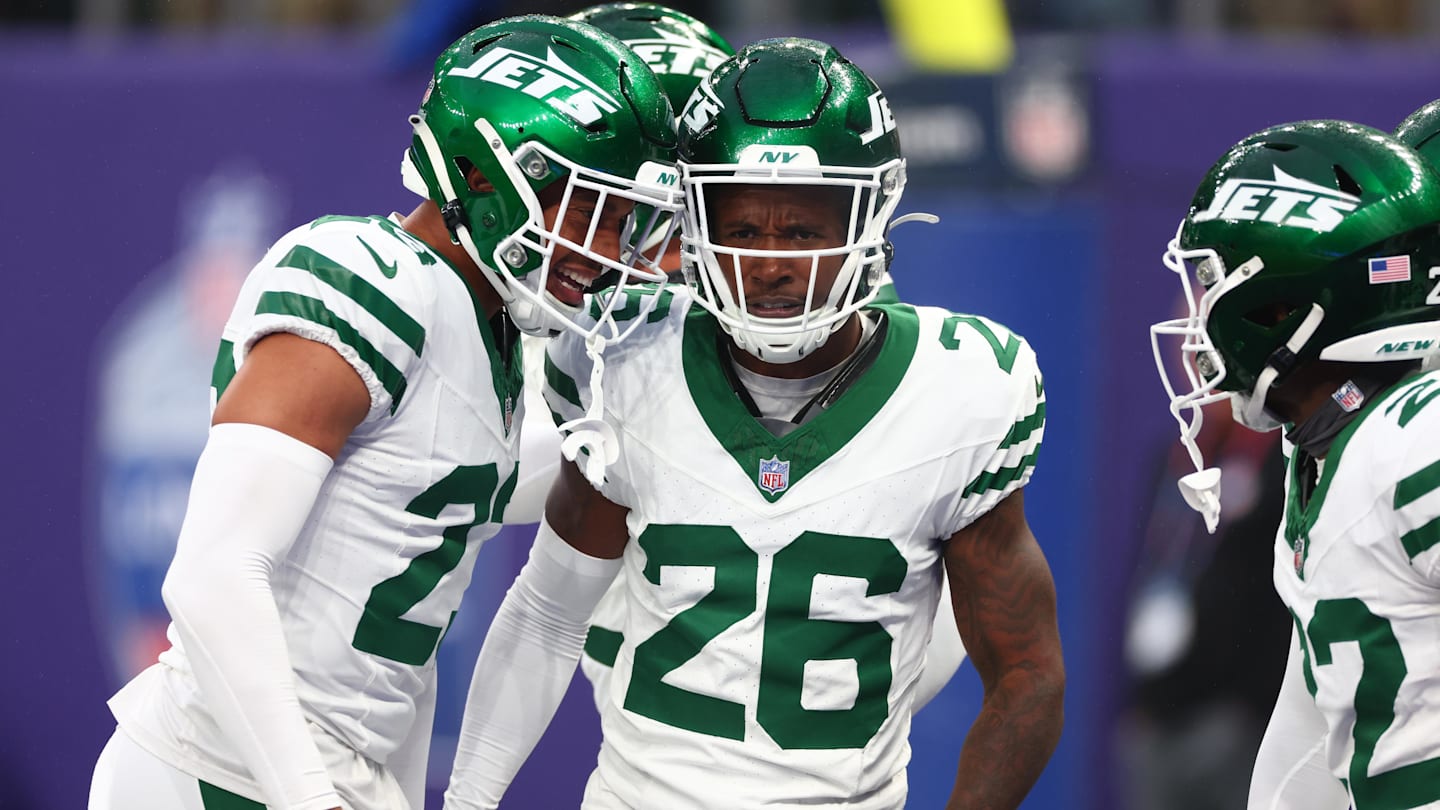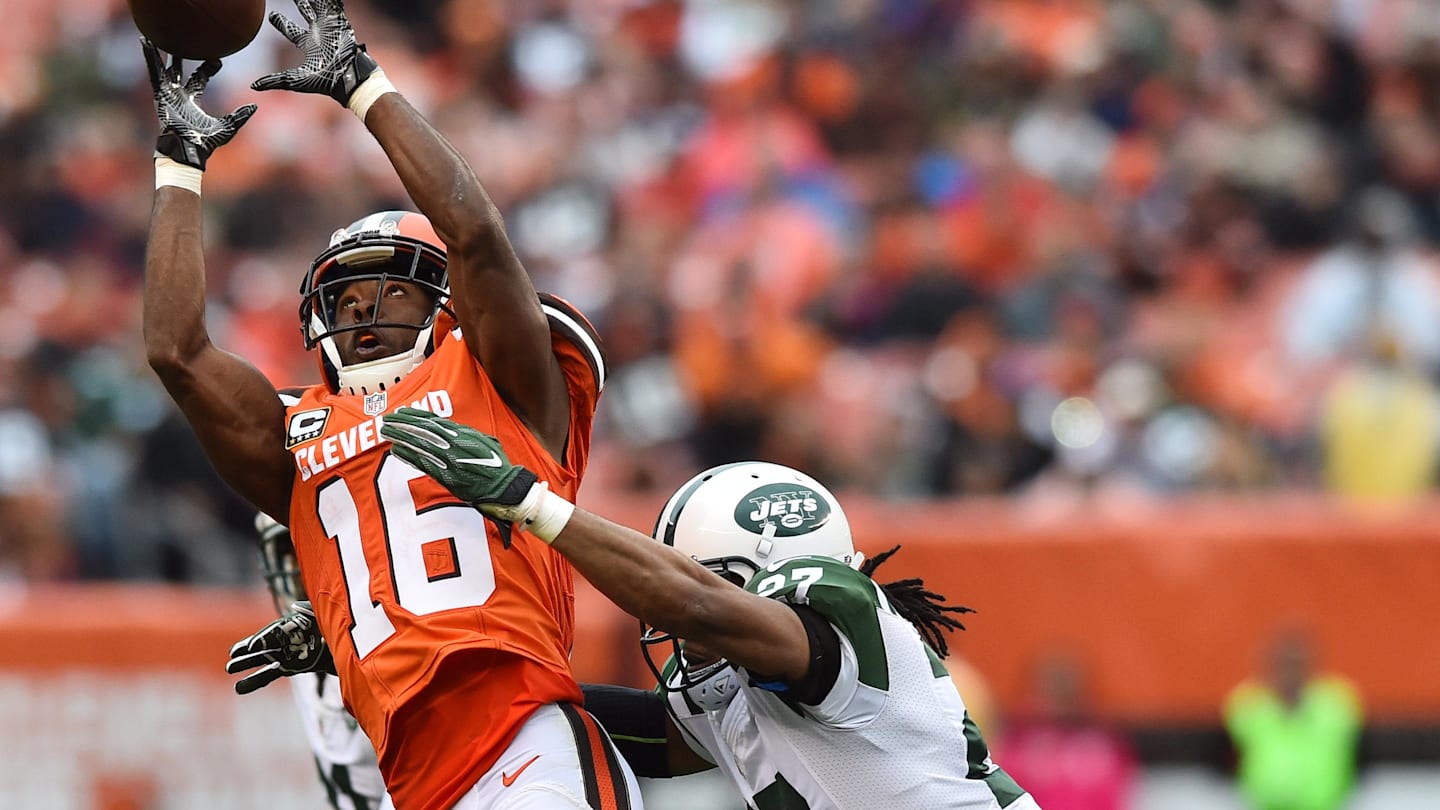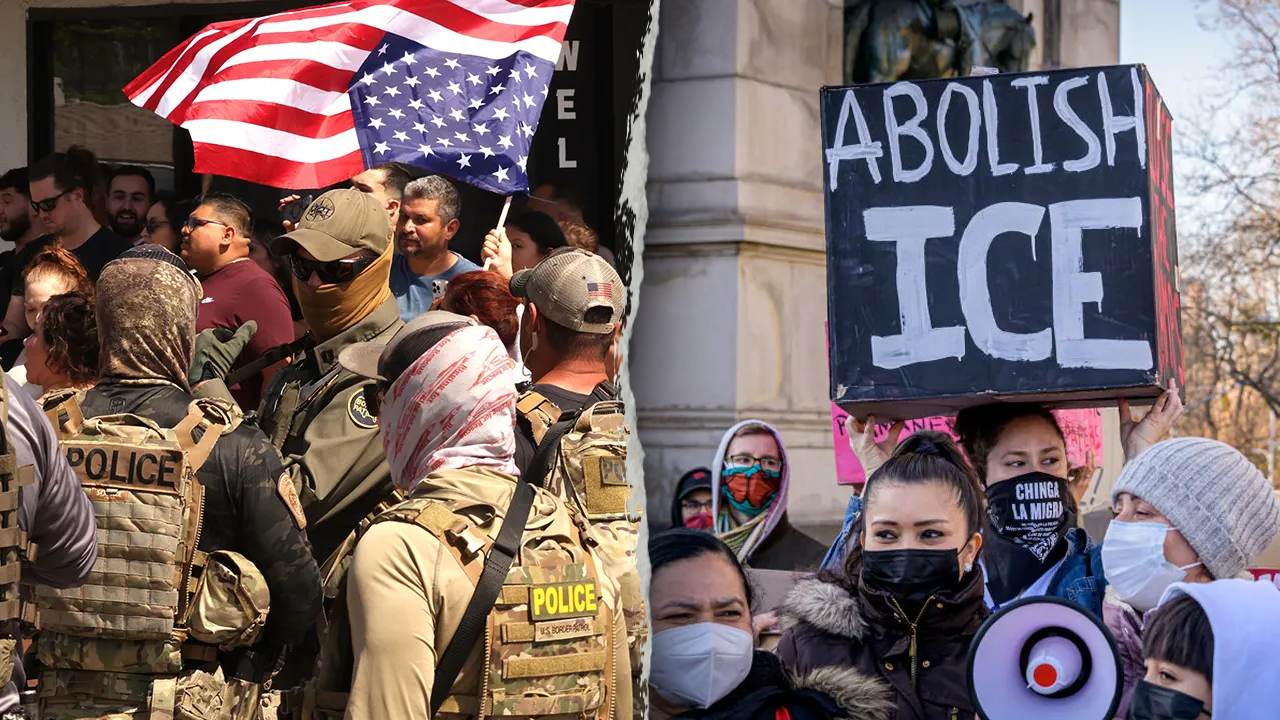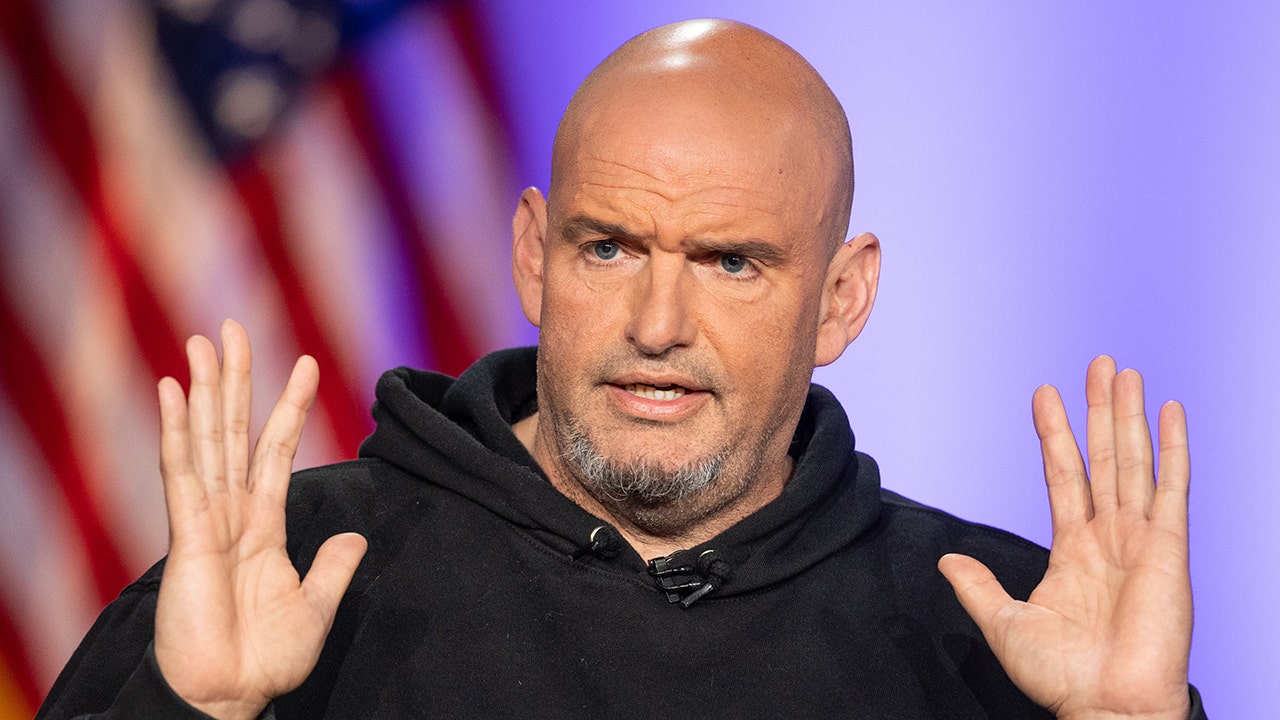Culture
Jerry West, as a player and exec, sustained excellence during a lifetime of emotional struggle

The night his Los Angeles Lakers, finally, would return to their place of glory atop the NBA, Jerry West would not be in attendance.
“Oh, I won’t be there,” he told me on the phone, referring to what was then called Staples Center.
Wait, what?
The 1999-2000 Lakers, the team West had, at the cost of his nerves and health, put together for this very purpose, winning L.A.’s first hoops title in more than a decade, were a game away from conquering the Indiana Pacers in the finals. They would be coronated on their home floor. It would be the franchise’s first championship since 1988. It would be the culmination of West’s singular quest, having moved heaven and earth and most of the existing roster to get both Shaquille O’Neal and Kobe Bryant on the same team, and having swallowed his own pride to bring Phil Jackson in to coach. It would be marvelous.
And it would be done without West’s presence.
This wasn’t new for West. Such moments, now that he no longer could bring his prodigious talents to the court and impact winning games as a player, drove him to severe distraction. During Lakers home games, he would often drive around town instead. Sometimes, he’d check in to Chick Hearn’s mellifluous voice to see how things were going. That night, though, he kept the car stereo silent. He drove up the Ventura Freeway to Santa Barbara, a hundred miles north of the city.
“I told my friend Bobby Freedman only to call me if there was good news,” West wrote in his searing autobiography, “West by West.”
It wasn’t because he didn’t care, of course. It was because he cared so very, very much.
West’s death Wednesday at 86 caused more than one person around the league to choke up.
“It’s a very sad day,” said West’s contemporary and fellow Hall of Famer, Oscar Robertson, on the phone Wednesday afternoon.
West was, for decades, the personification of the sport. Few people’s counsel was more courted, so synonymous was he with the dogged, relentless pursuit of excellence. He was part of a dynasty as a player that couldn’t solve the Celtics, and then built dynasties as an executive that finally did. He was a 14-time All-Star and 12-time All-NBA selection. Two Lakers behemoths were built on his watch as the team’s general manager: the Magic Johnson-led squad that captured five titles in the 1980s, then the O’Neal-Bryant squads that laid down a three-peat between 2000 and 2003.
As Red Auerbach did for the Celtics, 3,000 miles east, West constantly was at the center of teardowns and rebirths of the Lakers. Decade after decade, the Lakers continued to matter in the NBA, riding Kareem Abdul-Jabbar and Magic and James Worthy through the ’80s, just as Boston continued to pile up the banners after the end of the Bill Russell Era, through John Havlicek, Jo Jo White and Dave Cowens in the 1970s, then Larry Bird, Kevin McHale, Robert Parish and Dennis Johnson. The Cs are currently hunting their 18th NBA title in their finals series this year with the Dallas Mavericks; the Lakers, their last title coming in the Orlando Bubble in 2020, are tied with the Celtics at 17.
I ranked Auerbach one and West two on my all-time list of NBA executives in 2017 for NBA.com. Nothing’s changed my mind in the intervening years. They were the ultimate architects, with Auerbach’s intimidating tactics and amazing motivational ability serving as the mechanical rabbit at a dog racing track, as West chased after the Celtics for a generation.
“I secretly liked and admire Red’s brazen ways, and he is one of the coaches I would have loved to compete for,” West wrote. “. … Red was the figure everyone loved to hate, and he didn’t mind it one bit. He didn’t mind being the villain. He would be anything you wanted him to be as long as it helped the Celtics win.”
But West doesn’t take a back seat to anyone when it comes to talent evaluation. He was the best ever. No former superstar as a player was in more gyms in more small towns and in more countries than West was, year after year, trying to find the next great talent. He didn’t get stuck in nostalgia; he still got excited about current players. He raved about Terance Mann when Mann was a little-known second-round pick playing for the Clippers in the Vegas Summer League in 2019.
He kept his own counsel about who, and what, he liked.
“It’s not so much trust,” he told me once. “I just think if you ask 10 people, you’re going to get more than one opinion. If you ask five people, you’re going to get more than one opinion. I’d rather not confuse myself by asking 10 people.”
Like Auerbach, West had eternal swag, the way Dr. J and Pat Riley and only a handful of aging luminaries still do. He was still in high demand after he left the Lakers in 2000, moving on to executive roles with the Memphis Grizzlies, Golden State Warriors and LA Clippers well into his 80s. It was West’s steadfast refusal to sign off on a proposed trade of Klay Thompson for Kevin Love in 2014 that kept Golden State’s ownership from pulling the trigger, and kept the Splash Brothers from being split up before they went on their franchise-changing championship run.
You still felt his crackling intensity in person, or on the phone. Well into middle age, I’d still get goose bumps when my phone would ring and the caller ID would identify who was on the other line. (He was “TLogo” in my contacts list, for obvious reasons.) He would always answer pleasantly: “David? Jerry West.”
As if it could have been someone else.
He was, given his pedigree, humble and deferential about his own successes. West was venerated for the 60-footer he hit at the end of regulation of Game 3 of the 1970 finals against New York to tie the game and send it into overtime. All West remembered, though, is that the Knicks won 111-108 in OT. He averaged an astounding 46.3 points per game in the Lakers’ Western Division series victory over Baltimore in 1965, which is still the record for highest average in a single postseason series.
He could be caustic and cutting about today’s players, the state of the game, David Stern and anyone else who didn’t measure up to his standards at a given moment. He could be withering about his own team. But if they weren’t winning doing it their way, he had very little patience for them. The portrayal of him in the HBO miniseries “Winning Time” was an ugly caricature of his manic intensity, one that made his friends and colleagues justifiably angry. He wasn’t someone who foamed at the mouth and spent his days trashing the offices at The Forum in some blinding rage. He didn’t big-time people.
And if anyone could have done so without argument, it was him.
But no one wanted to win more than Jerry West, and he spent his whole life proving it.
He won state titles in high school in West Virginia, at East Bank High School – which, every March 24, the day East Bank won the title in 1956, renames itself “West Bank” for a day in his honor. He won at West Virginia University, where he led the Mountaineers to the NCAA national championship game in 1959, which WVU lost by one point to the University of California, 71-70. He won on the celebrated 1960 U.S. Olympic team, a team just as dominant as the Dream Team would be 32 years later. The 1960 team won its eight games in Rome at the Summer Games by an average of 42.4 points per game. West, Robertson, Walt Bellamy, Jerry Lucas and coach Pete Newell all were inducted individually into the Naismith Memorial Basketball Hall of Fame, as was the 1960 team itself as a unit, in 2010.
“We just melded right away,” Robertson said. “Pete Newell was the coach, and he put our starting five together. And we knew what was at stake, because we were all there to make the Olympic team. Jerry was a nice guy. Matter of fact, I knew him through Adrian Smith (who also played on the 1960 Olympic team). I met him through Adrian. He was there with the U.S. Army team. I’m sure our backgrounds sort of paralleled each other, because of where Jerry came from and I came from, we didn’t have anything except basketball.”
The word tortured is often used to describe West. Indeed. Demons, which took root during a difficult and lonely childhood in his native West Virginia, where his imagination was his best friend and he shot thousands of shots so that he wouldn’t have to return home, ate at him throughout his life. There was little love in the West home, and physical abuse of the children at the hand of their father. Jerry West was driven, in the best and worst sense of that word, to strive, to chase perfection, to be hollowed out by defeat and only briefly salved by victory.
“I am, if I may say so, an enigma (even to myself, especially to myself), and an obsessive, someone whose mind ranges far and wide and returns to the things that, for better or worse, hold me in their thrall,” West wrote in his book.
West played on the first great L.A. team, after its move from Minneapolis, in 1960, alongside fellow future Hall of Famer Elgin Baylor. They made pro basketball on the West Coast, setting a standard of excellence that was held off only by Auerbach, Bill Russell and the Celtics.
Six times during West’s playing career, the Lakers and Celtics met in the championship series. Six times, Boston defeated L.A. The last time, in 1969, West was named the finals MVP, becoming the only player to ever receive the award while on the losing team. The Lakers also played the Knicks in the finals three times between 1970 and 1973. Only in 1972 did West’s team win, giving him one NBA title in nine tries.
“It was great to compete against Jerry,” Robertson said. “Jerry was a tremendous athlete. I don’t know about other guys, but I love playing against great basketball players. Because you have to improve your basketball yourself. You don’t know where you are until you play against great basketball players. And Jerry was, no doubt about it, one of the best of all. I thought Jerry was a great basketball player, great shooter.”
But West could be as stubborn as he was talented.
When the NBA, with great fanfare and not insignificant calling in of decades-long chits, brought its 50 greatest players of all time to All-Star Weekend in Cleveland in 1997, 47 of the 49 living players attended. (Pete Maravich had died in 1988 while playing a pickup game, at age 40; O’Neal was recovering from knee surgery.) West was the only one who didn’t come. At the time, the reason given was that he had just undergone a recent surgery.
The surgery part was true. But that’s not why he didn’t show up. He didn’t show because he was angry with the Orlando Magic, who had accused him of tampering with O’Neal while he was still under contract with the Magic in order to secure Shaq as a free agent.
West was famously blown away by Bryant’s workout for the Lakers before the 1996 draft, and schemed with his close friend, Bryant’s agent, Arn Tellem, to get Bryant to the West Coast. When West was in your corner, you’d never have a fiercer advocate.
There was the famous story, that Lakers executive Mitch Kupchak re-told many years later, of how the Lakers took Vlade Divac in the 1989 draft, with West the single, lone voice opting for the Serbian center over the objections of everyone else in the front office.
“We all picked the other guy,” Kupchak said. “I think it was (Missouri center) Gary Leonard. We all agree. Then (West) leans down into the mic, which was hooked up to New York so that we can announce our choice. Our guy up there was Hampton Mears. And Jerry says, ‘Hampton’ – he’s looking at us when he says this – he says, ‘Hampton, the Lakers take Divac.’ The three of us were like, ‘Why are we even here?’ And he says, ‘He’s just too damned talented to pass on.’ And he walked out of the room.”
As ever, the Logo was alone, with his thoughts, his doggedness and imagination, once again, having served him well.
Required reading
• What was Jerry West really like? On the phone with him, the NBA universe opened up
• Reactions to Jerry West’s death pour in: ‘A basketball genius’
• NBA75: West was ‘Mr. Clutch’ and forever will be brutally honest about himself
(Photo of Jerry West and Oscar Robertson: Vernon Biever / NBAE via Getty Images)

Culture
Try to Match These Snarky Quotations to Their Novels and Stories

Welcome to Literary Quotable Quotes, a quiz that challenges you to match a book’s memorable lines with its title. This week’s installment is focused on bold observations made by characters from assorted novels and short stories. In the five multiple-choice questions below, tap or click on the answer you think is correct. After the last question, you’ll find links to the books themselves if you want to get a copy and see that quotation in context.
Culture
16 Mayors on What It’s Like to Run a U.S. City Now Under Trump

It is no ordinary time to lead a city. Budgets are in flux. Divisions are deepening. Political violence and misinformation are growing concerns. And as President Trump aggressively pursues his agenda, national politics are becoming an inescapable reality in city halls.
The New York Times sat down last month with 16 mayors at a meeting of the U.S. Conference of Mayors in Tampa, Fla. We asked them many of the same questions. Their answers revealed deep, bipartisan uncertainty over federal funding and concerns about rising incivility. Mayors of some of the nation’s largest cities, including New York and Los Angeles, did not attend.
Some Republican mayors spoke hopefully about this new Trump era. Many others, especially Democrats, who hold the majority of big-city mayoral jobs, voiced alarm about how the administration’s policies were playing out.
Here’s what we heard.
Across party lines, this one issue was a persistent concern.
Americans have been telling their mayors that they are worried about everyday costs and struggling to afford a place to live.
With home prices rising and supply limited, several mayors said they were trying to build more units and meet demand. It was a challenge playing out in nearly every city, with young professionals struggling to buy their first houses and growing homeless populations straining city services.
Mayors told us what else was keeping them up at night.
They described spending significant time outside the office worrying about local and national problems. As the mayor of Noblesville, Ind., put it: “My job is not nine to five. I’m mayor regardless of where I am.”
Some described the fear of receiving a phone call with news of another shooting. Others spoke about wanting to fix endemic issues like homelessness and drug addiction.
Governing a city feels different under President Trump, most mayors said.
Mayor Chris Jensen (R)
Noblesville, Ind.
Mayor Donna Deegan (D)
Jacksonville, Fla.
Mayor Jerry Dyer (R)
Fresno, Calif.
Mayor Regina Romero (D)
Tucson, Ariz.
Mayor Kathy Sheehan (D)
Albany, N.Y.
Mayor Alyia Gaskins (D)
Alexandria, Va.
Mayor Mattie Parker (R)
Fort Worth
With the Trump administration seeking to rapidly overhaul parts of the federal government, mayors from both parties described uncertainty over the fate of federal grants and other programs that Republicans in Washington have targeted.
Many Democrats said they had strong relationships with former President Joseph R. Biden Jr.’s staff members and had not yet built those same connections with Mr. Trump’s team. Mayor Brandon Johnson of Chicago, whose city has been singled out for criticism by Mr. Trump, said that “the very basic fundamental rights of our democracy are under siege.”
Some Republicans described optimism about working with the new president, and not all of them had seen major changes. Mayor D.C. Reeves of Pensacola, Fla., said that “it’s probably too early to say that there’s a distinct difference.” Mayor Acquanetta Warren of Fontana, Calif., said it was “not at all” different. “We work with anyone,” she said.
We also asked whether mayors had changed their routines because of political violence.
Several mayors said they had taken additional steps to ensure their safety since the killing of a Minnesota lawmaker and her husband in June and other recent attacks. But political violence, many of them noted, was not new. Mayor Regina Romero of Tucson, a Democrat, pointed to the attempted assassination of Representative Gabby Giffords in her city in 2011.
And Mayor Indya Kincannon of Knoxville, a Democrat, said she had been inside a local church with her young daughters when a gunman opened fire in 2008, killing two people, in an attack linked to hatred of liberals and gay people. She remembered escaping with her daughters. “I picked them up and left as soon as the gunman was tackled,” she said.
Mayor Todd Gloria (D)
San Diego
“It’s a difficult time for people in public office, and when we see the tragedy that just happened in Minnesota, you always have to wonder, you know, am I next?”

Mayor Brandon Johnson (D)
Chicago
“No. But what I can say is with the political violence that has been promulgating, there’s no place for it.”

Mayor Alyia Gaskins (D)
Alexandria, Va.
“I have. I would say in light of recent violence, I’m much more aware of my surroundings and also those of my family.”

Mayor Kathy Sheehan (D)
Albany, N.Y.
“For those of us who are elected officials, it is an uneasy time.”

Mayor Jerry Dyer (R)
Fresno, Calif.
“As a former police chief and spending 40 years in law enforcement, I’m keenly aware of the fact that there’s always a potential for a threat of violence against you, but it doesn’t mean that we’re always constantly aware of that threat. But I have become much more alert as of late in terms of my surroundings.”

Mayor Quentin Hart (D)
Waterloo, Iowa
“One of the things that we’ve done immediately was to take more precautions within City Hall.”

Mayor Brett Smiley (D)
Providence, R.I.
“I haven’t made changes to how I interact with my community, but I will admit that my stress and anxiety level is up a little bit higher.”

Mayor D.C. Reeves (R)
Pensacola, Fla.
“Nothing permanent yet, but I’m certainly watching it.”
Immigration enforcement is creating fear in many cities, too.
Mayors from both parties called on the federal government to overhaul the nation’s immigration laws.
“You couldn’t talk to a mayor who doesn’t want immigration reform,” said Mayor Kathy Sheehan of Albany, a Democrat. “We want Washington to fix this.”
But as the Trump administration works to increase deportations and remove legal status for some immigrants, mayors said that some in their cities were living in constant fear of raids by Immigration and Customs Enforcement officers.
Mayor Brandon Johnson (D)
Chicago
Mayor Acquanetta Warren (R)
Fontana, Calif.
Mayor Brett Smiley (D)
Providence, R.I.
Mayor D.C. Reeves (R)
Pensacola, Fla.
Mayor Quentin Hart (D)
Waterloo, Iowa
Mayor Jerry Dyer (R)
Fresno, Calif.
Mayor Regina Romero (D)
Tucson, Ariz.
Mayor Mattie Parker (R)
Fort Worth
Mayors also pointed to local programs that could be national models.

Mayor Chris Jensen (R)
Noblesville, Ind.
“I had a local therapist approach me and ask, ‘Hey, would you go on Facebook and do a live therapy session to talk about what it’s like to be a leader during Covid?’ Of course, my initial answer was, ‘Absolutely not, I don’t want to go share my emotions with my community.’”
“But I ended up relenting and doing it. It was one of the best things I ever did. It was literally an hourlong therapy session talking about my feelings, about being a leader during such an uncertain time. That project has morphed into, now, a monthly program called ‘Mental Health Monday.’”
He added: “We have now comforted a community and a city and shown that it’s OK to not be OK.”

Mayor Acquanetta Warren (R)
Fontana, Calif.
“Right now, the biggest challenge in our city is homelessness. That’s what our public is looking to see us resolve, so we’re on steroids doing that. We just bought a hotel last year, which allows us to put people off the street in an environment where they can get major assistance to transform their lives.”

Mayor Regina Romero (D)
Tucson, Ariz.
“We’ve planted more than 150,000 trees in the last six years. We created a heat tree map where we take a look at the areas of our city that have less canopy. Because trees are a nature-based solution to heat and climate.”

Mayor Todd Gloria (D)
San Diego
“Last year, despite high interest rates and high inflation, we permitted about 8,800 new homes in my city, more than double what we’ve been doing historically. The reforms that we’re putting in place to make it possible to build more homes for less and to build them faster is working.”
We wanted to know what policy change under Trump was having the biggest impact, too.
We spoke to the mayors before Congress passed Mr. Trump’s sweeping domestic policy bill. They told us they had spent months bracing for severe cuts to federal funding for local programs, though many of their worst-case fears had not materialized at that point.
Some described the pausing of grants while the Trump administration re-evaluated previously approved projects, leaving cities in limbo. In places where the local economy is highly dependent on international trade, mayors voiced concern about the uncertainty around tariffs.
Mayor Brandon Johnson (D)
Chicago
Mayor Todd Gloria (D)
San Diego
Mayor Alyia Gaskins (D)
Alexandria, Va.
Mayor Brett Smiley (D)
Providence, R.I.
Mayor Chris Jensen (R)
Noblesville, Ind.
Mayor D.C. Reeves (R)
Pensacola, Fla.
Mayor Cavalier Johnson (D)
Milwaukee
And mayors told us what they had learned about the United States in the last year.
Both Republicans and Democrats said the depth of the country’s political divisions had become even more clear in recent months. Some Democrats said they were still processing Mr. Trump’s return to power and what it means for the country’s future.
Mayor Todd Gloria (D)
San Diego
Mayor Daniel Rickenmann (R)
Columbia, S.C.
Mayor Regina Romero (D)
Tucson, Ariz.
Mayor Jerry Dyer (R)
Fresno, Calif.
Mayor Brandon Johnson (D)
Chicago
Mayor D.C. Reeves (R)
Pensacola, Fla.
Mayor Indya Kincannon (D)
Knoxville, Tenn.
Mayor Alyia Gaskins (D)
Alexandria, Va.
We also asked some lighter questions, like which TV or streaming show they liked best.
Mayors also revealed their favorite after-work beverages.
Many mayors were eager to plug local craft breweries. Mayor Daniel Rickenmann of Columbia gave a shout-out to the Kentucky distillery that he cofounded. Others preferred a particular soft drink.
We asked them to brag about their cities’ signature dishes, too.
They boasted about a Friday night fish fry in Milwaukee, fish tacos in San Diego and Mexican food in Fresno and Fontana. Knoxville’s mayor suggested “meat and three,” the local term for meat and three side dishes, while Pensacola’s mayor highlighted his city’s seafood.
Two mayors shared different theories on hot dogs. And two Midwestern mayors boasted about their pork tenderloins.
Their bookshelves are also as varied as their cities.
When asked about the best book they had read recently, mayors shared a range of fiction and nonfiction titles.
Mayor Alyia Gaskins of Alexandria said much of her reading time was spent with her young children, who enjoy “Little Blue Truck” and “Goodnight, Goodnight Construction Site.” The mayors of Fontana, Knoxville and San Diego all praised “Abundance” by Ezra Klein and Derek Thompson.

Mayor Jerry Dyer (R)
Fresno, Calif.
“One Blood” by John M. Perkins

Mayor Kathy Sheehan (D)
Albany, N.Y.
“A Gentleman in Moscow” by Amor Towles

Mayor Donna Deegan (D)
Jacksonville, Fla.
“The Wisdom Pattern” by Richard Rohr

Mayor D.C. Reeves (R)
Pensacola, Fla.
“A Land Remembered” by Patrick D. Smith. “It’s a novel, but it’s kind of on the history of Florida.”

Mayor Brandon Johnson (D)
Chicago
“Locking Up Our Own” by James Forman Jr. “I recommend that people across America take a look at it, particularly at a time in which the carceral state is something that’s being enacted, especially by this federal government.”

Mayor Daniel Rickenmann (R)
Columbia, S.C.
“Rockets’ Red Glare” by William Webster and Dick Lochte

Mayor Quentin Hart (D)
Waterloo, Iowa
“The 1619 Project” by Nikole Hannah-Jones, who is from Waterloo. Also “Anesa, No Skola Today” by Anesa Kajtazovic, a children’s book about growing up during the Bosnian War.

Mayor Chris Jensen (R)
Noblesville, Ind.
“The Circle Maker” by Mark Batterson. “It’s all about big prayers, big bold ideas.”

Mayor Brett Smiley (D)
Providence, R.I.
“A Little Life” by Hanya Yanagihara. “Probably the saddest book I’ve ever read, but it was really, really, really well written and wonderful.”

Mayor Regina Romero (D)
Tucson, Ariz.
“The Teenage Brain” by Dr. Frances E. Jensen. “That really has helped me understand my teenagers and why they do the things they do.”

Mayor Mattie Parker (R)
Fort Worth
“On Leadership” by Tony Blair. “It’s incredibly thought provoking as a leader. I probably should have read it at the beginning of my administration, but I’ve learned quite a bit.”

Mayor Cavalier Johnson (D)
Milwaukee
“I’m reading it right now: ‘A Promised Land’ by Barack Obama. I’m a little behind because I’m mayor and I’ve got three kids, but I’m making up for it now.”
Finally, we wanted to know what gave mayors hope for the United States.
Across party lines, mayors spoke about frightening political divisions, seemingly intractable problems and serious fears about the future. But most also voiced optimism about the country, drawing hope from America’s history and especially from the people they meet in their own cities.
Culture
Match Five International Cities to Popular Book Titles

A strong sense of place can deeply influence a story, and in some cases, the setting can even feel like a character itself. This week’s literary geography quiz highlights fictional works with the names of real international cities in their titles. To play, just make your selection in the multiple-choice list and the correct answer will be revealed. Links to the books will be listed at the end of the quiz if you’d like to do further reading.
-

 Business1 week ago
Business1 week agoSee How Trump’s Big Bill Could Affect Your Taxes, Health Care and Other Finances
-

 Politics1 week ago
Politics1 week agoVideo: Trump Signs the ‘One Big Beautiful Bill’ Into Law
-

 Culture1 week ago
Culture1 week ago16 Mayors on What It’s Like to Run a U.S. City Now Under Trump
-

 News1 week ago
News1 week agoVideo: Who Loses in the Republican Policy Bill?
-

 Science1 week ago
Science1 week agoFederal contractors improperly dumped wildfire-related asbestos waste at L.A. area landfills
-

 Technology1 week ago
Technology1 week agoMeet Soham Parekh, the engineer burning through tech by working at three to four startups simultaneously
-

 World1 week ago
World1 week agoRussia-Ukraine war: List of key events, day 1,227
-
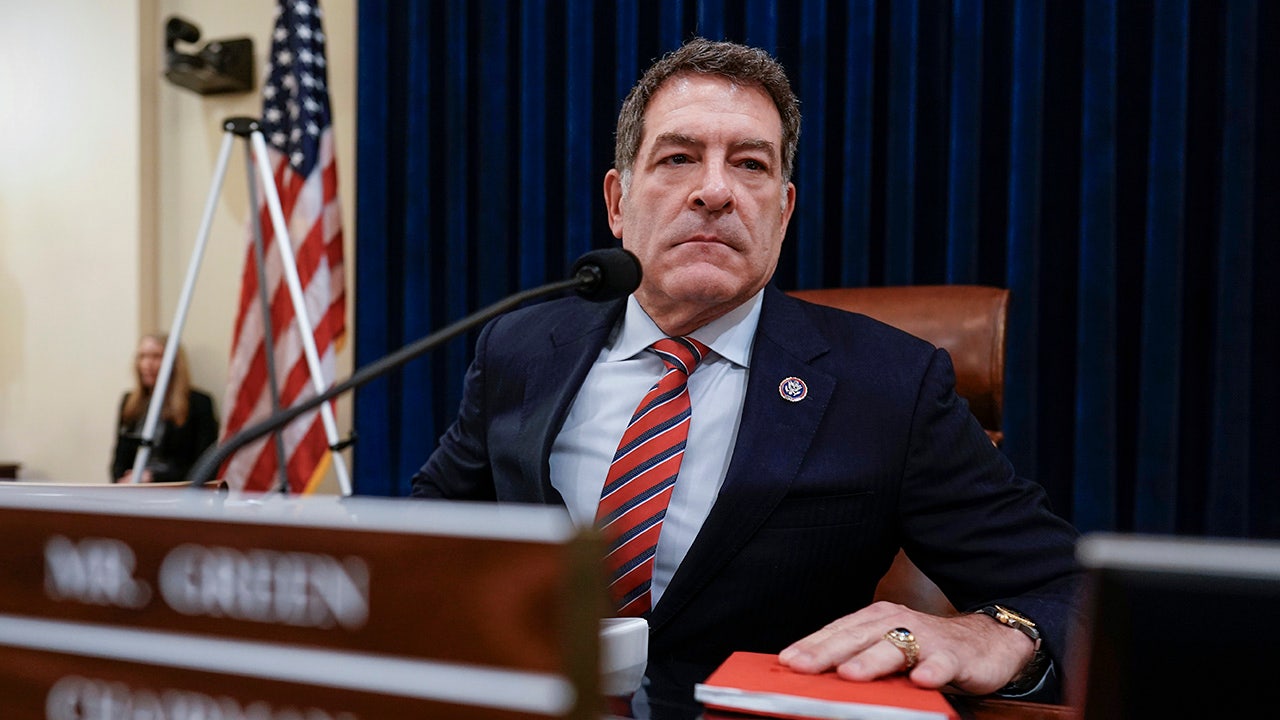
 Politics1 week ago
Politics1 week agoCongressman's last day in office revealed after vote on Trump's 'Big, Beautiful Bill'
